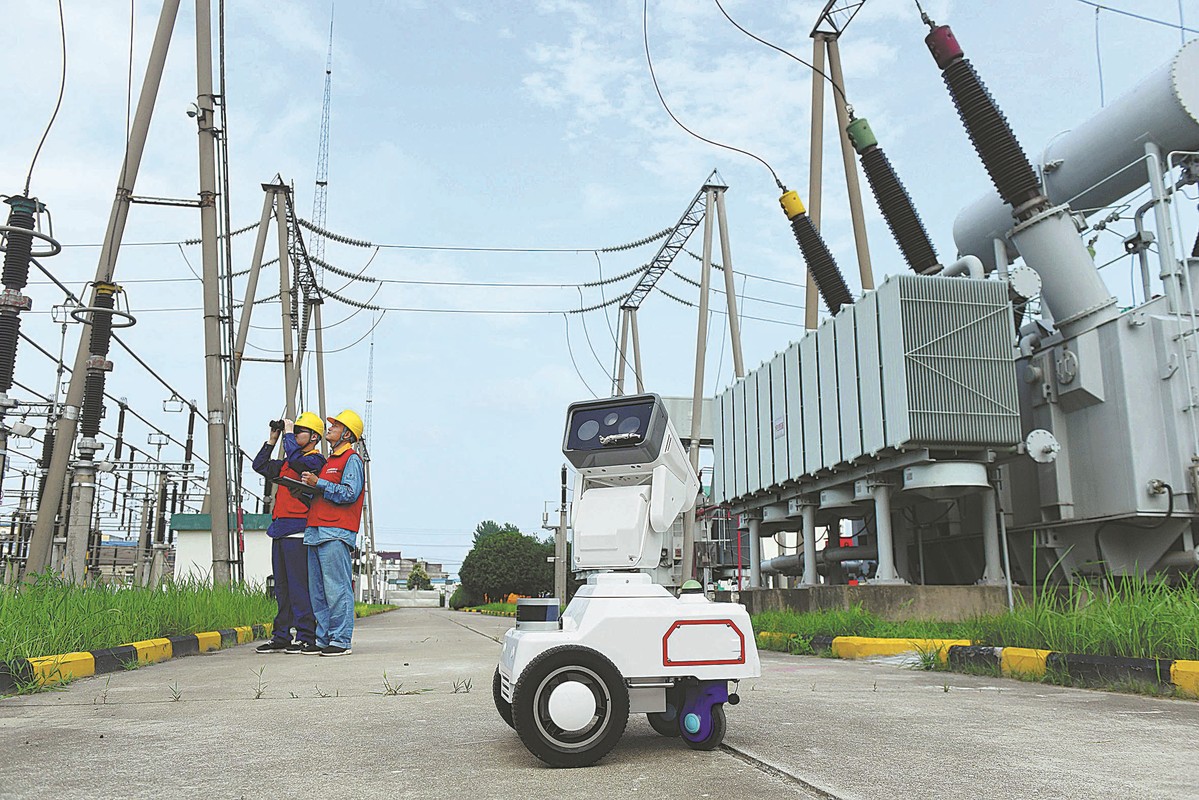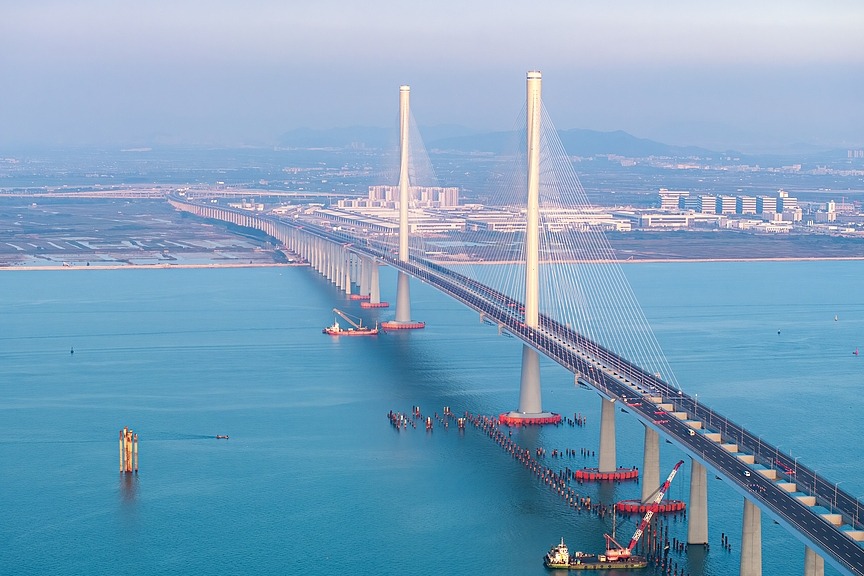Digital energy industry to boost power sector


Fast-growing field creating more effective, economical, cleaner system
The digital energy industry, which combines digital technology with power electronics technology, is poised to witness rapid growth in the next decade, industry experts said.
With the acceleration of digital transformation, digital technologies represented by 5G, big data and artificial intelligence are speeding up their integration with traditional industries. They are playing an increasingly important role in saving energy, reducing carbon emissions and helping achieve the nation's carbon peak and neutrality goals, they added.
That brings into play the field of power electronics, which uses the principles of electronics-usually employed to transmit signals in low-power devices-at a much higher power level.
Technology companies such as ZTE Corp, Huawei Technologies Co and Foxconn Industrial Internet are making forays into the digital energy field by setting up independent departments or subsidiaries. The emphasis is on leveraging innovative technologies to accelerate the digital transformation of energy.
Chinese telecom equipment maker ZTE Corp has accelerated its business expansion into the lucrative segment, establishing a digital energy department in December.
The dependence on traditional fossil energy has become a main bottleneck hindering the development of the energy industry, said Yu Yifang, senior vice-president of ZTE and general manager of its digital energy product operation department.
"The essence of carbon neutrality is to promote the transformation of the energy structure towards low-carbon, electrification and digitalization," Yu said. The proportion of new energy power generation is expected to increase significantly, and energy digitalization will progressively lower the dependence on fossil fuels by driving technological innovation, Yu added.
ZTE will integrate its products and capacities in power, energy storage, data centers and energy management to promote digitalization of the energy industry, the company said.
Its zero-carbon energy network enables seamless energy management and scheduling, from power generation to the power consumption of the entire energy power supply chain. Lithium-ion batteries, solar energy, power distribution and transformation, and thermal control technologies have been applied in the energy network to improve energy efficiency and enhance power supply reliability.




































